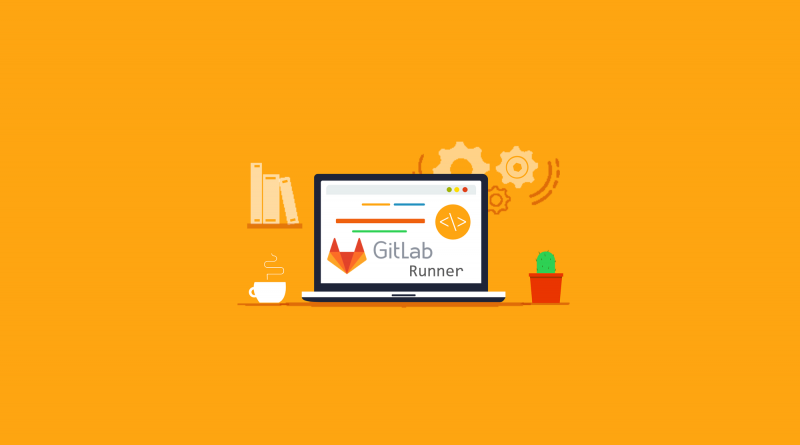Features of GitLab and its application
Let’s start with what GitLab is. Gitlab is a platform for remote collaboration on code. The platform is also able to analyze code, track errors and perform testing. By the way, worthy technologies have been implemented in Betwinner apk. It was founded in 2011 by Kharkiv programmer Dmytro Zaporozhets. Initially, Zaporozhets worked on the project in the evenings and on weekends, but in 2013 he was joined by Dutch businessman Sid Sibranji. Now he is responsible for the business component (CEO) in the company, and Zaporozhets – for the technical part.
What is special about GitLab?
GitLab positions its eponymous solution as a full-cycle DevOps tool. Developers around the world prefer this tool more than individual add-ons to any other application.
From the name, you can understand that GitLab is a solution for storing Git repositories in the cloud, with all the ensuing ones. When developing software, version control is the most important thing, which is what we focused on features of GitLab.

We also recommend reading about GitLab vs. GitHub comparison.
In serious developments, usually involving several developers, so it is significant to have version control, because it becomes unrealistic to keep track of code versions and changes. Together, it turns out that having a tool like GitLab, development will be successful, and guaranteed without conflicts and coincidences of code fragments.
The main advantages of a good version control system:
- Simplification of development
- Rational code management of one or more projects
- Support for the entire history of change
Functions and features of GitLab:
- Tracking. The solution offers the ability to track errors, change status, appoint a responsible person, etc.
- Integration. Flexible integration capabilities include a wide range of tools that can improve and accelerate the development process.
- Marking system. A simple labeling system is provided to simplify the classification of errors, queries, etc.
- Corporate decision. Licensing methods allow you to integrate solutions into the enterprise and work in a corporate environment.
- Wiki system. The file storage system is not interconnected and is completely independent. A separate repository is allocated for each project.
- Changes. The platform can solve problems of joint editing with several code developers.
- Authentication method. The platform is based on a system of roles, which already builds access to the repository or system elements.
- Import / export capabilities. GitLab offers extensive data import capabilities from numerous sources. Import tasks and problems from Jira or other similar systems, configure data integration and synchronization.
- Deployment. The solution offers a Kubernetes platform for deployment. In addition, the possibility of local or cloud hosting on the company’s servers is provided.
- Private storage. GitLab may offer private repositories that store open source code.
- CSV export. Ability to export all error trees as a CSV file, and send as an attachment as an email, when making changes to the branch.
- Confidentiality. A special module that allows you to create closed branches, which can only be accessed by project participants.
- Burn down Chart. The solution offers to track the process of working on the sprint, in the form of a so-called task combustion diagram.
- Analytics. A special section provides analytical data on the development process, tracking time spent, planning future tasks, monitoring current activity.
- Constant updates. Every 22nd day of the month, GitLab rolls out some updates for its product.
The GitLab solution is positioned as a reliable and stable platform that integrates all the necessary tools that can be useful throughout the software development lifecycle. Continuous integration and focus on DevOps tools take GitLab to the next level, leaving competitors behind.
Important user questions
What is Gitlab for?
GitLab is typically used with Git, which allows developers to save written code online and work with other developers on different projects.
How does the Git repository work?
After the developer saves a new piece of code, the system creates a so-called commit. All this is a snapshot of all the files currently involved in the development. In this case, the committees automatically add links to other committees, to form a complete path of development history. However, it should be noted that each developer stores its code snippets in its local repository, which is later merged with a common team tree. GitLab is a Git repository storage service, and combines many support tools to help with development. This is your own wiki system, integration with Ci Runner, Jira, binary attachments, release management and much more. However, the key distinguishing feature of GitLab is open source, which is written in Ruby. The company offers an open core for integrating GitLab into the company’s local services and business processes.



